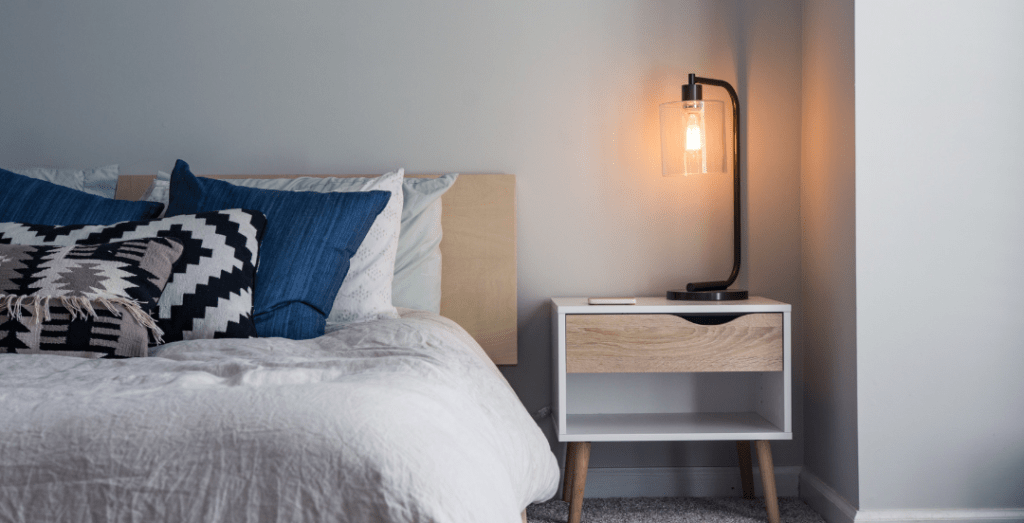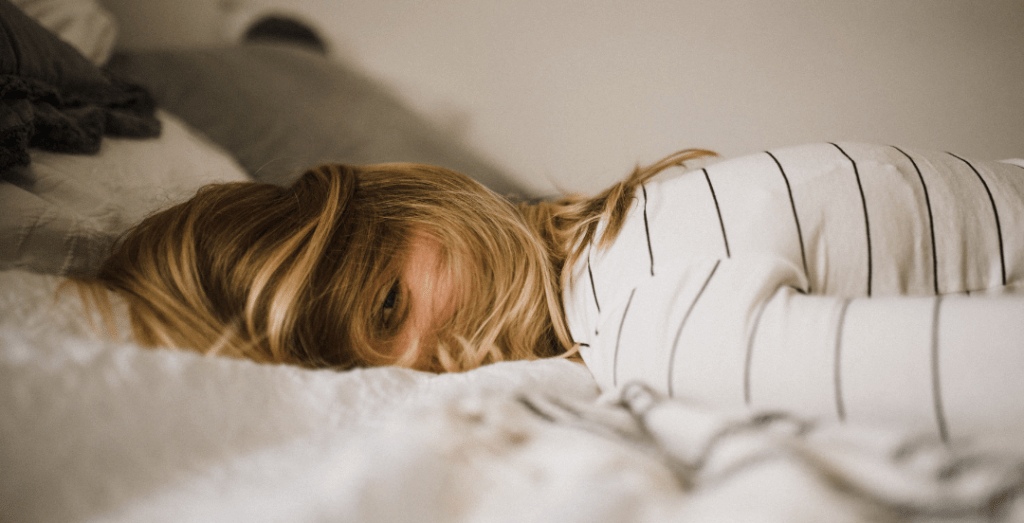Tossing and Turning? Try These 5 Natural Sleep Aids First
- Category: Preventative Healthcare
- Posted On:

For the fourth night in a row, you lie awake tossing and turning in your bed. If you can relate to this exhausting scenario, you’re not alone. According to the Sleep Health Foundation, an estimated one out of three people suffer from at least a mild form of insomnia. Insomnia can contribute to a host of mental and physical health issues such as depression, high blood pressure, even obesity.
If you’re having difficulties falling asleep, you might be tempted to try an over-the-counter sleep aide. But, these habit forming medications can come with unwanted side effects such as daytime drowsiness, dizziness, attention or memory problems, and sleepwalking. Before reaching for a prescription-strength sleep aid, consider one or more of these naturally effective solutions first.

Melatonin Supplementation
Melatonin is a hormone your body produces naturally. While the pineal gland in your brain manufactures melatonin, it’s also located in other areas including your eyes, gut, and bone marrow. Melatonin promotes sleep by working with your body’s circadian rhythm, your internal clock. Your circadian rhythm alerts you when you should sleep, wake, and eat. In your eyes, melatonin can diminish dopamine levels. Dopamine is a hormone that helps you stay awake.
Melatonin Dosage: If you decide to try melatonin, begin taking one milligram 30 minutes before your bedtime. If a low dosage doesn’t seem to help, increase it to three to five milligrams. While melatonin is not habit forming, your objective should be to find the lowest dosage that will help you go to sleep.
Magnesium Supplementation
Magnesium is a common mineral essential to your health. In fact, it’s utilized in more than 600 cellular reactions in your body. This mineral aids relaxation by controlling the neurotransmitters, which transport signals throughout your brain and nervous system. Magnesium attaches to gamma-aminobutyric acid, GABA, receptors. This neurotransmitter, the same one used in sleep drugs such as Ambien, is in charge of reducing nerve activity. Therefore, magnesium can help both your body and mind get ready for beneficial sleep.
Magnesium Dosage: The Institute of Medicine recommends a dietary intake of 400 to 420 milligrams of magnesium for adult men and 310 to 360 milligrams for adult females.
Besides getting this mineral from food sources like fish and nuts, you can also supplement magnesium. According to Healthline, you shouldn’t consume more than 350 milligrams of magnesium from a supplement daily without consulting with your doctor first.

Reduce Light Exposure
Exposure to light stimulates a nerve pathway from the eye to parts of the brain that control hormones, body temperature and other functions that play a role in making us feel sleepy or wide-awake.
Too much light right before bedtime can prevent quality sleep. In fact, one study recently found that exposure to unnatural light cycles may have real consequences for our health. Regulating exposure to light is an effective way to keep circadian rhythms in check.
Managing Light for Better Sleep
During the day, find time for sunlight or purchase a light-box or light visor to supplement your exposure to light. And at night, keep your sleep environment as dark as possible. Light-blocking curtains, drapes, or an eye mask can also help. If you wake up in the middle of the night, avoid as much light as possible by keeping the lights off or using a low-illumination night light.
Try Meditation
Do you have trouble shutting your brain off when your crawl under the covers? If you lie awake fretting about tasks to tackle tomorrow or daily stressors, meditation might help. While this practice helps you focus on your breathing, it brings your mind’s attention to the present without causing you to drift into worries about your past or future. To meditate, select a calming focus such as your breath, let go, and relax.
Curb Caffeine and Sugar in the Evening
Caffeine makes you feel more awake by enhancing your adrenaline levels and obstructing the chemicals in your brain that tell your body to sleep. Because caffeine can remain in your bloodstream for up to six hours, avoiding it after the early afternoon hours might improve your nighttime sleep.
Excess sugar in the diet has a direct effect on your blood sugar, which control how much energy you have during the day. While the sweet stuff initially boosts your energy levels, it later causes them to crash. When this occurs, you might be tempted to reach for more caffeine or take a daytime nap, both of which can negatively affect sleep.
***
If natural or prescription-strength remedies are not helping you get quality sleep, Ogden Clinic’s Sleep Specialists can help. The Ogden Clinic Sleep Lab and our Sleep Specialist, Dr. Hammond, are certified by the Accreditation Commission for Healthcare (ACHC). Give us a call at 801-475-3200 to schedule a visit.